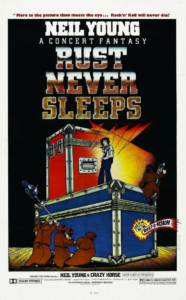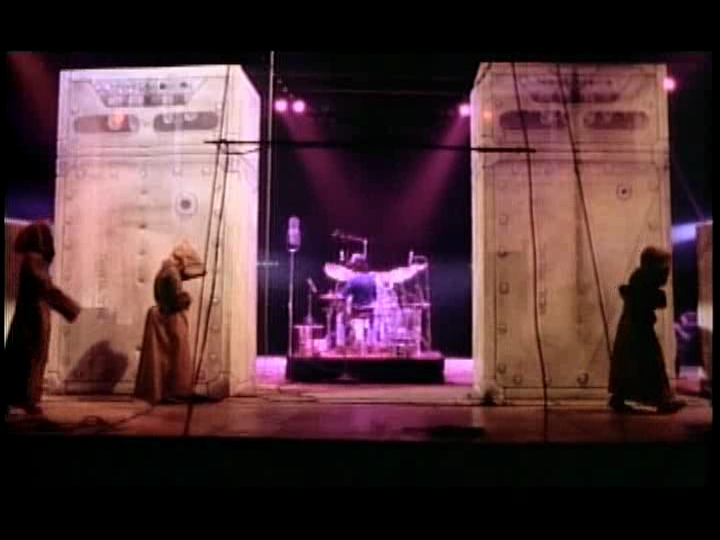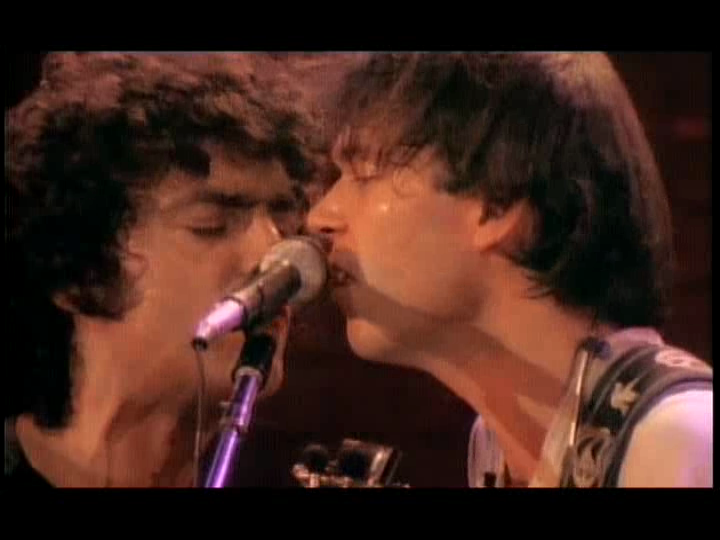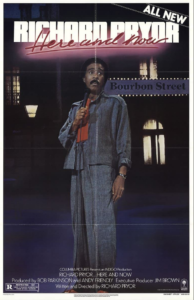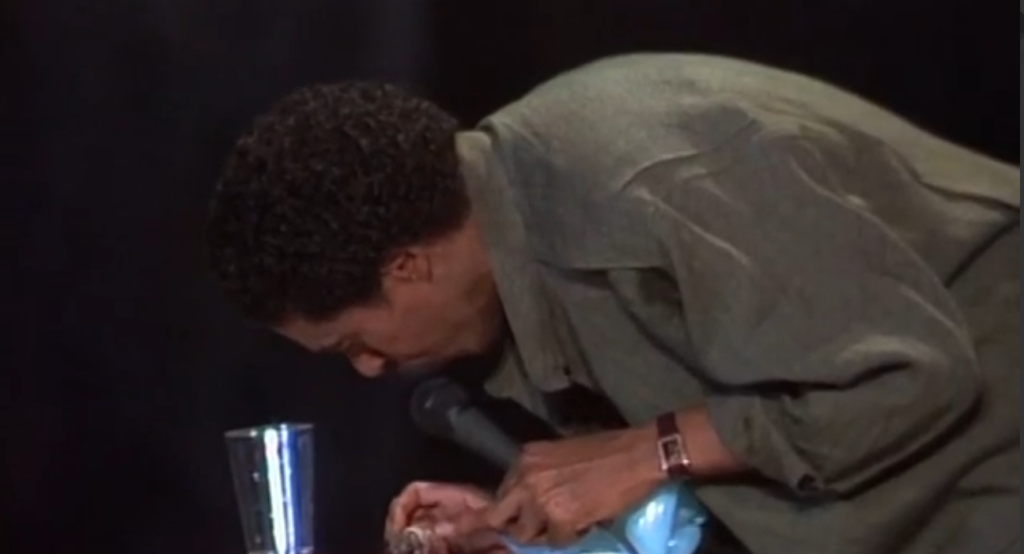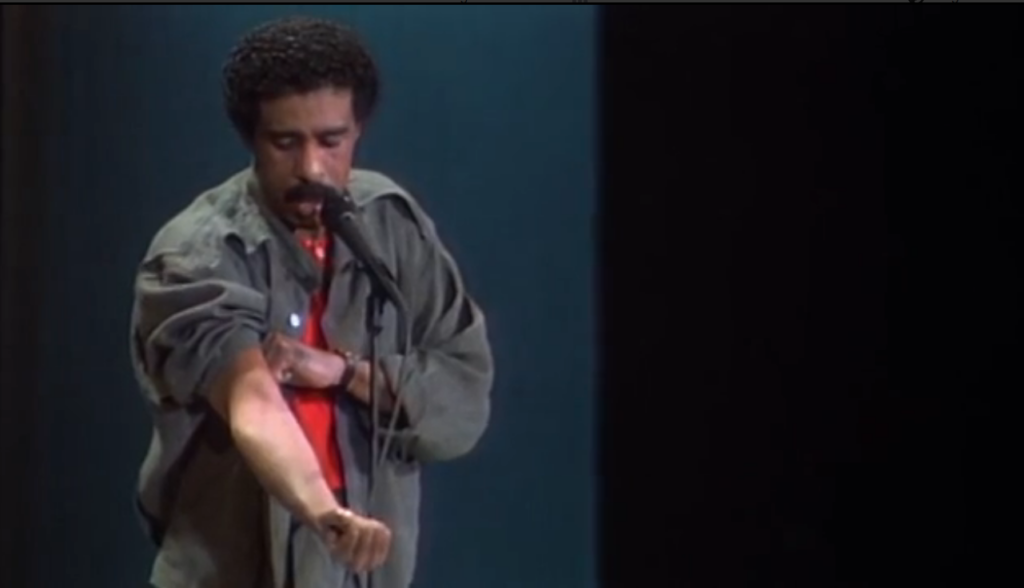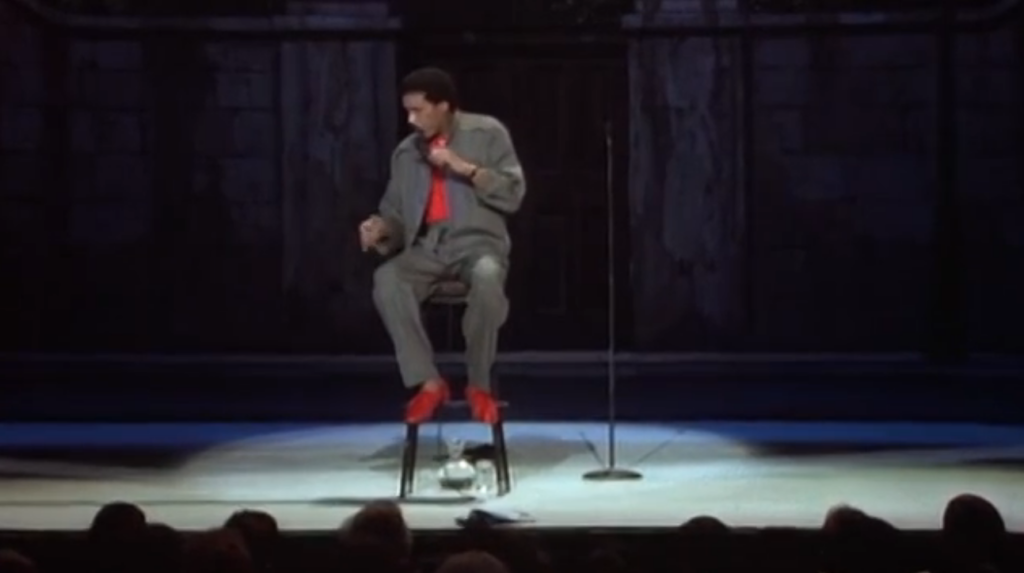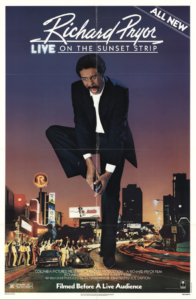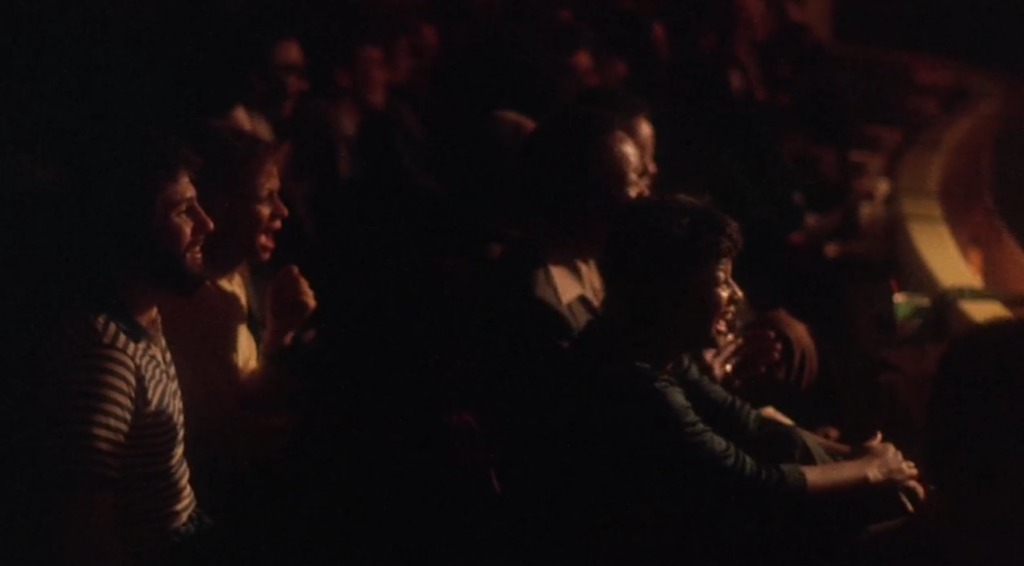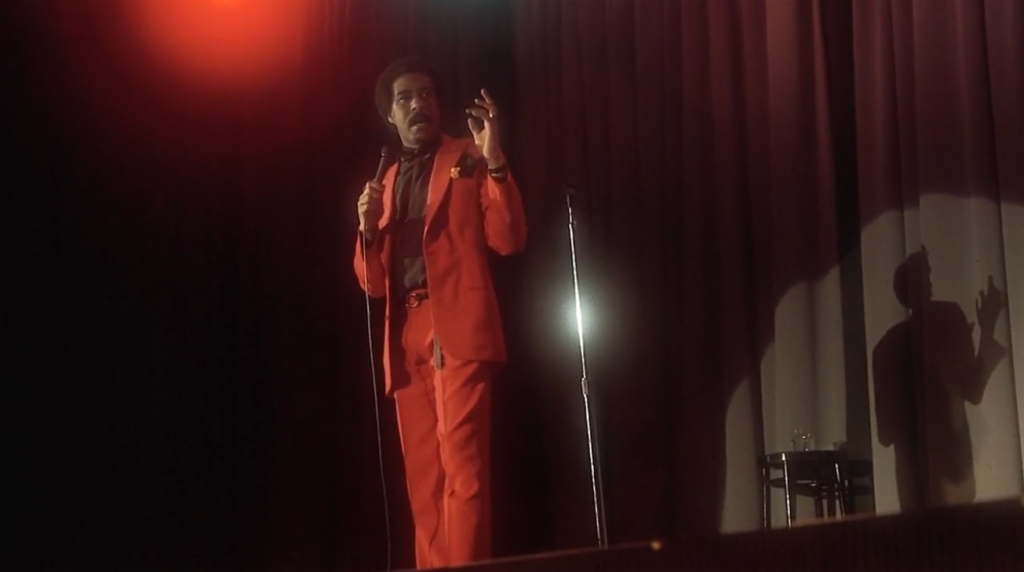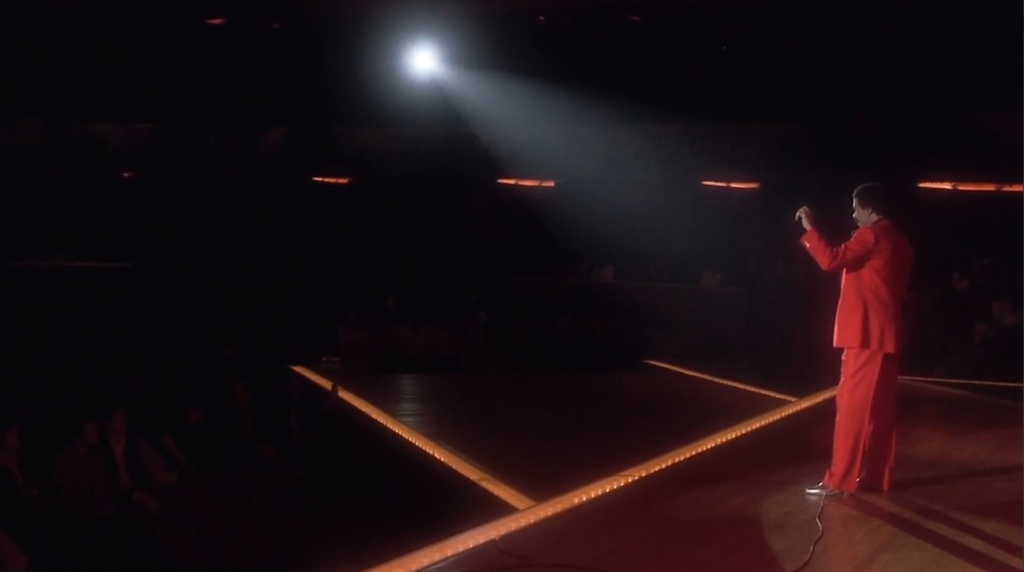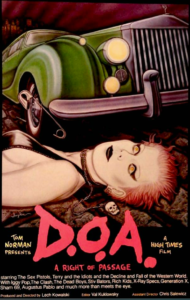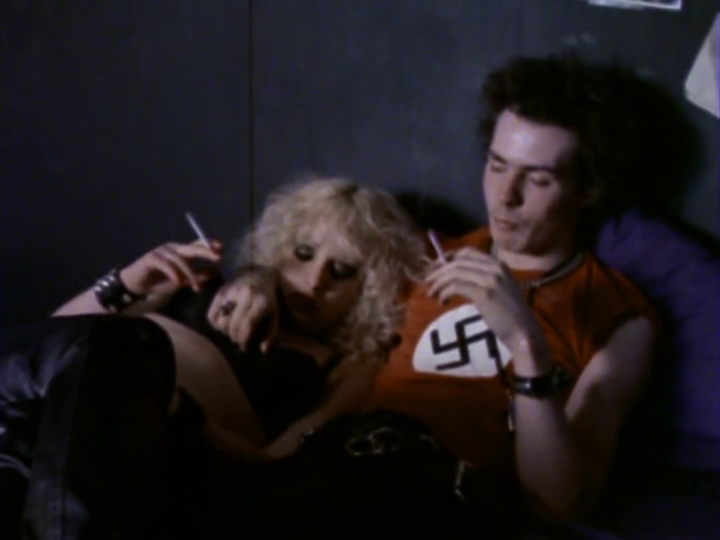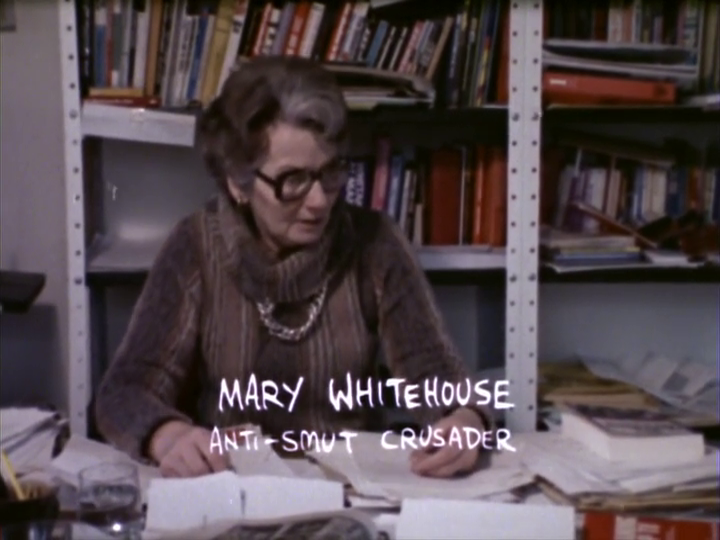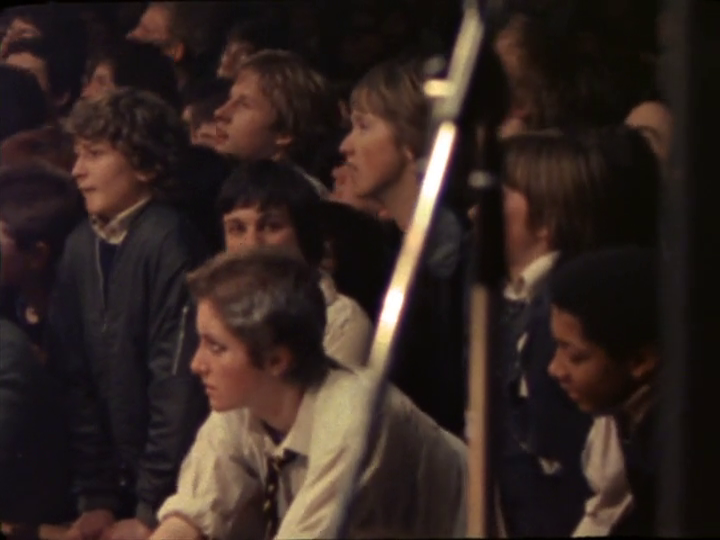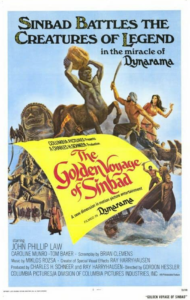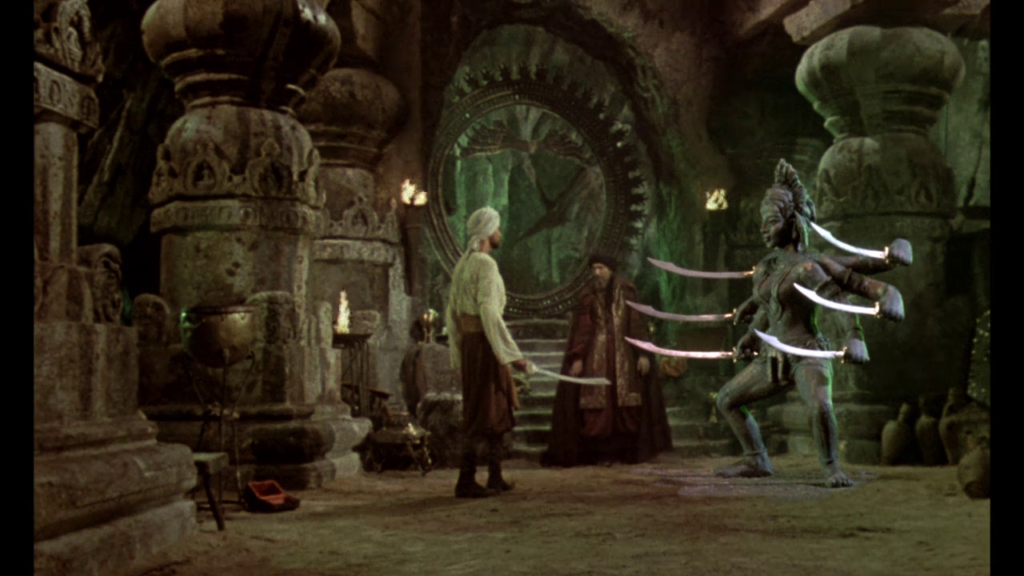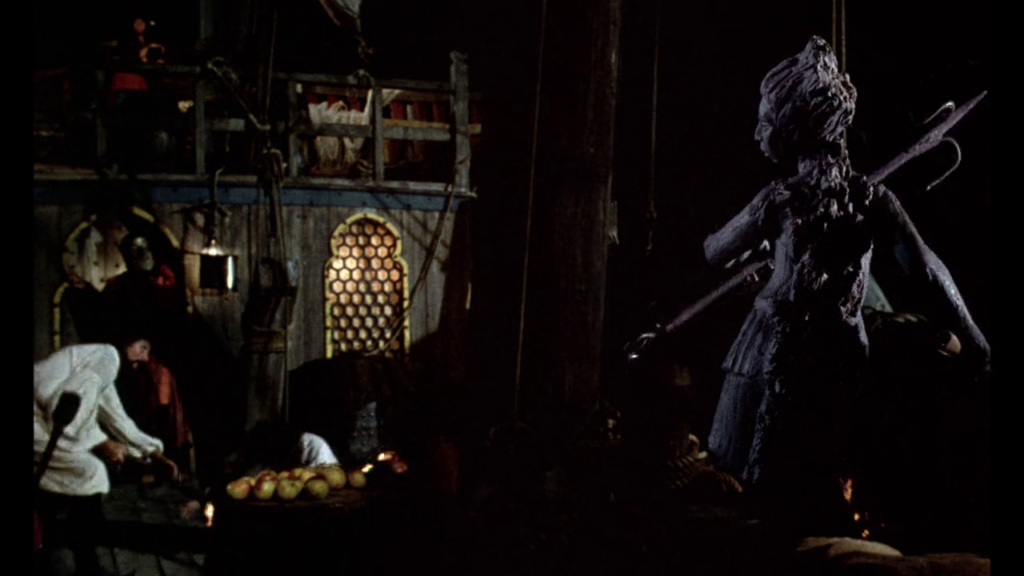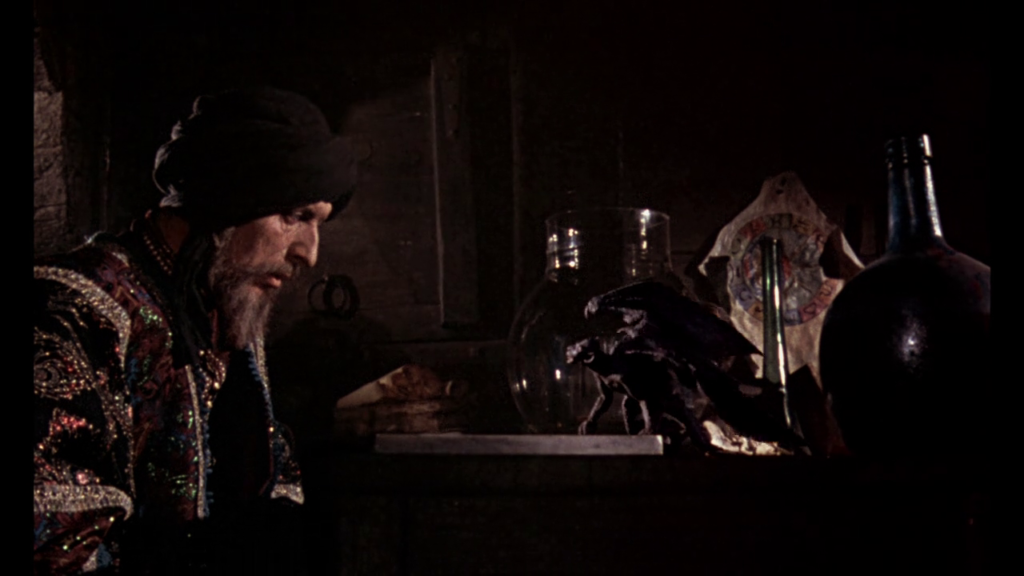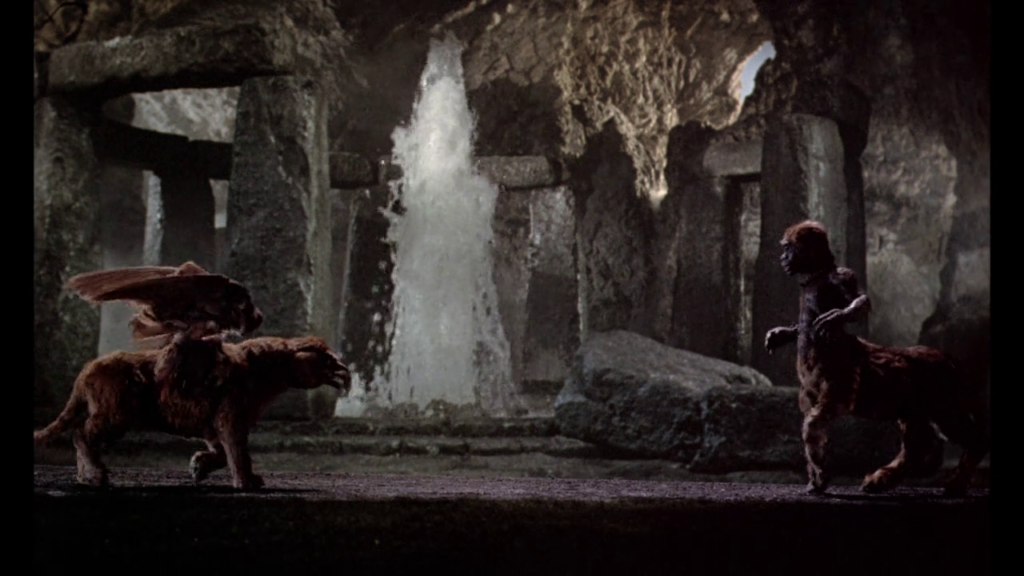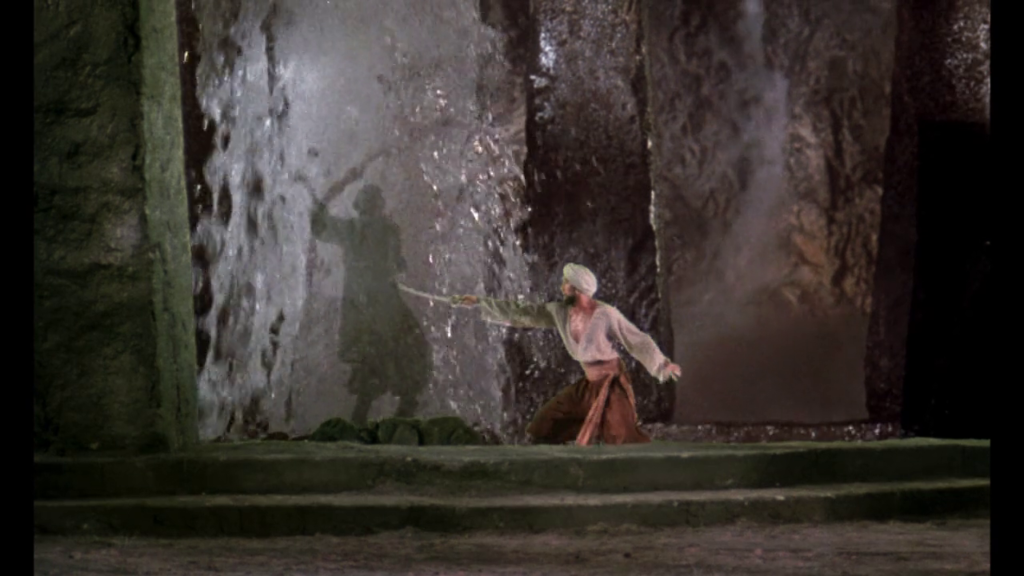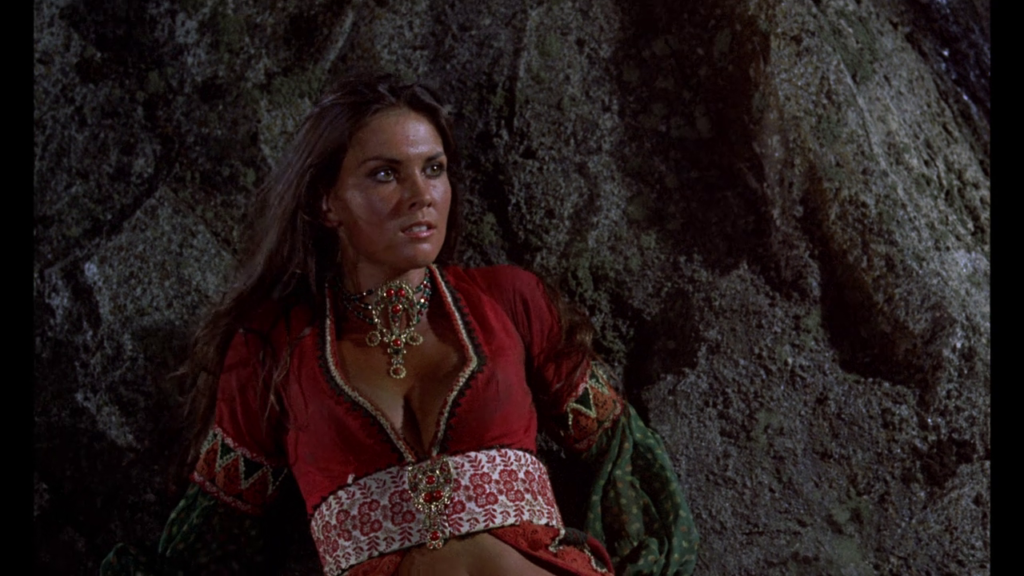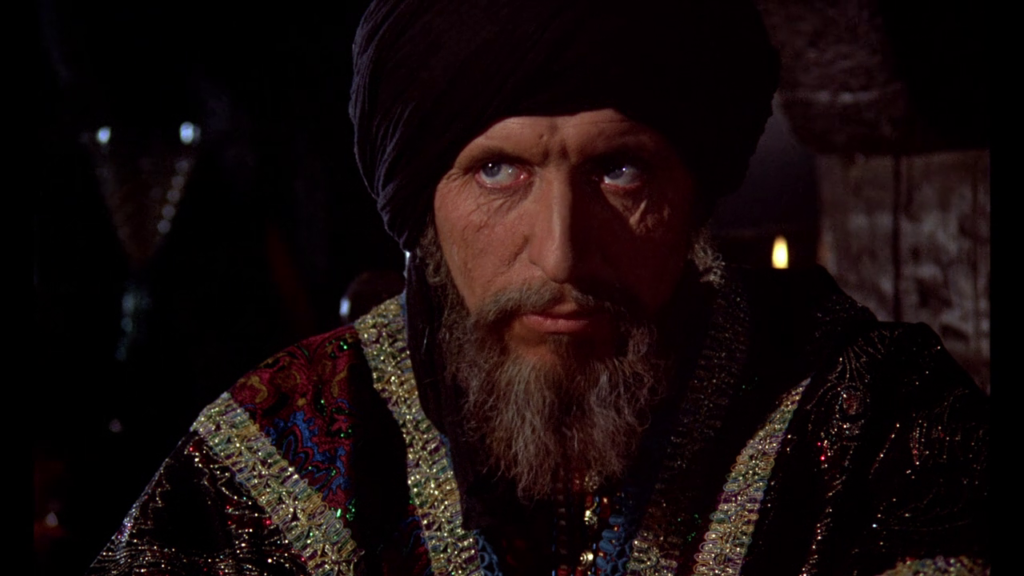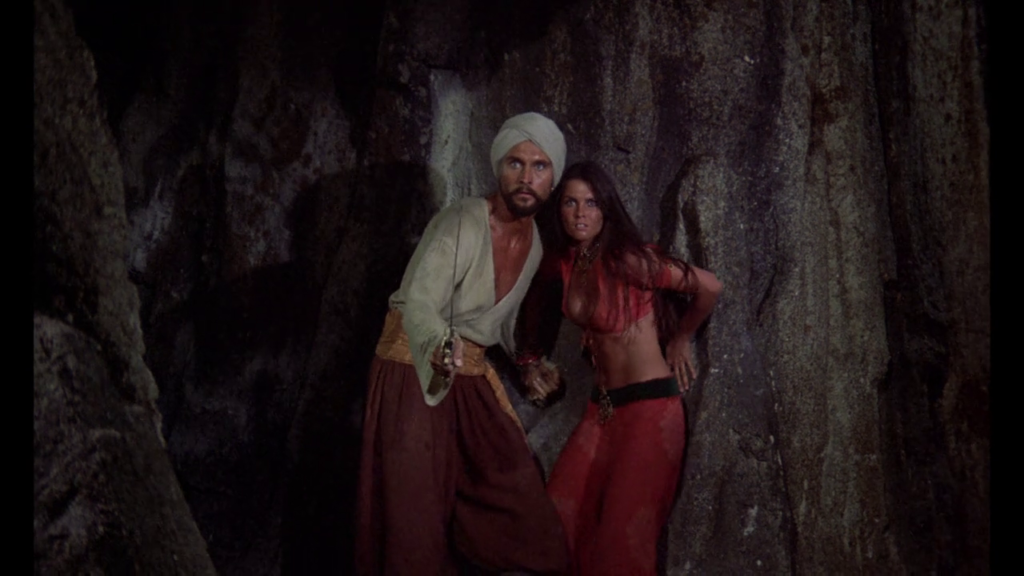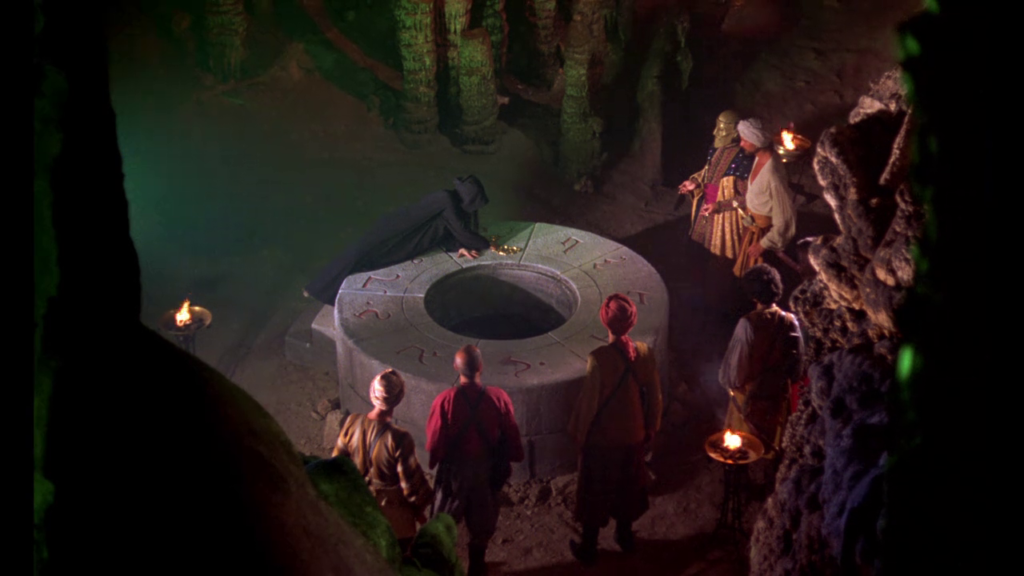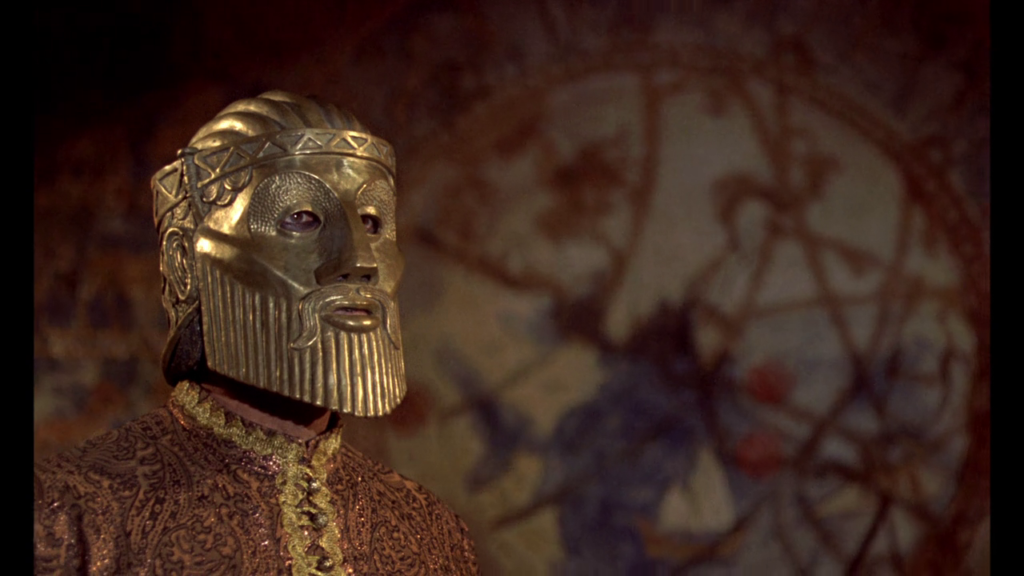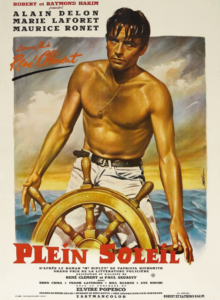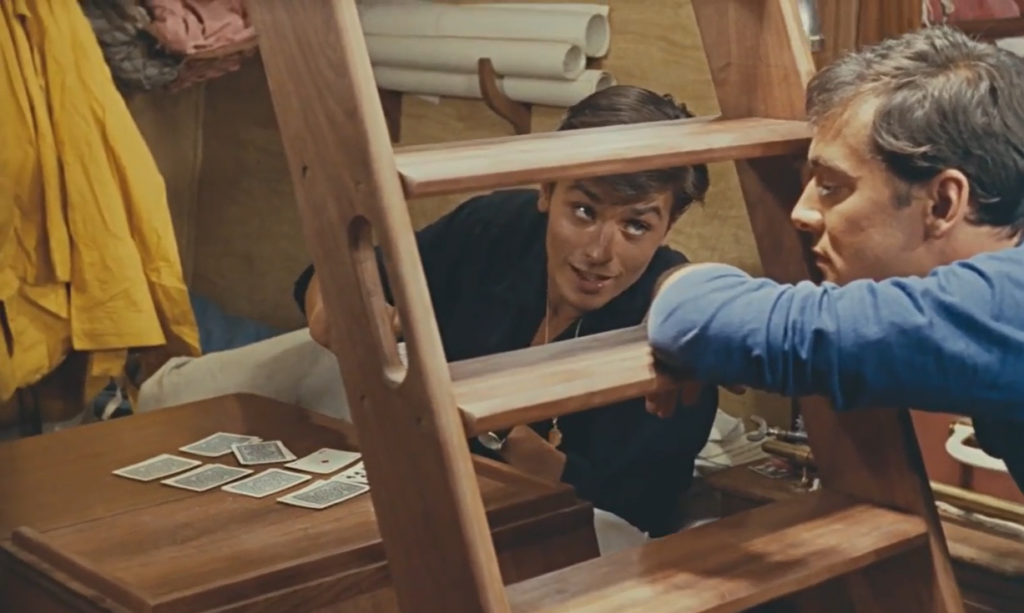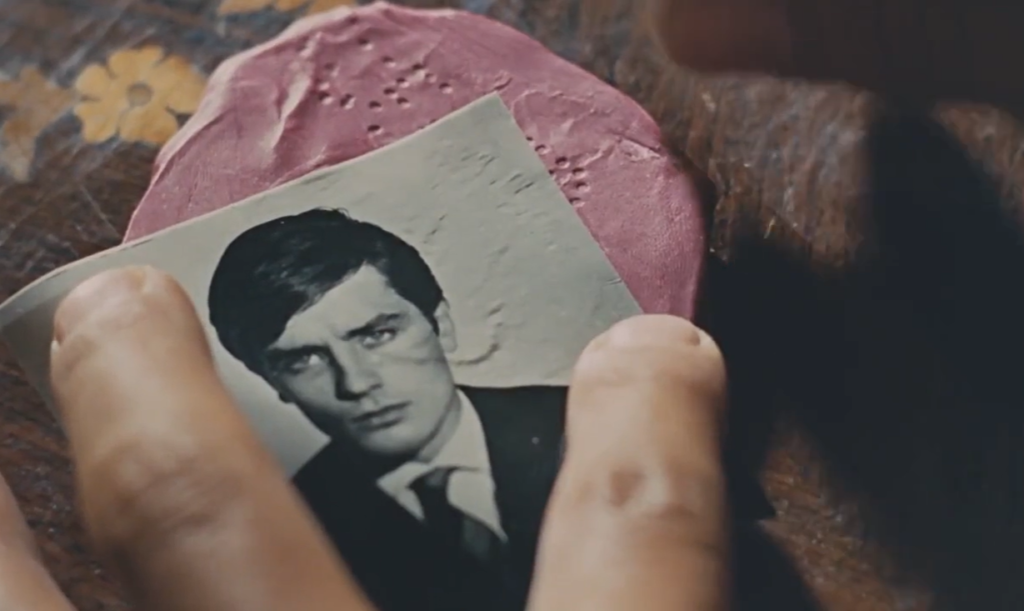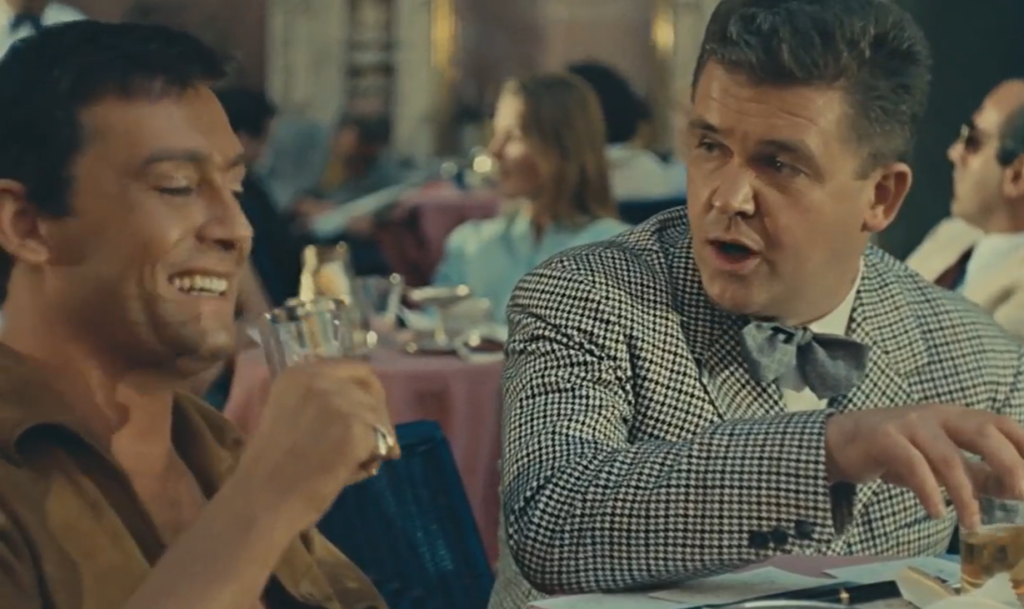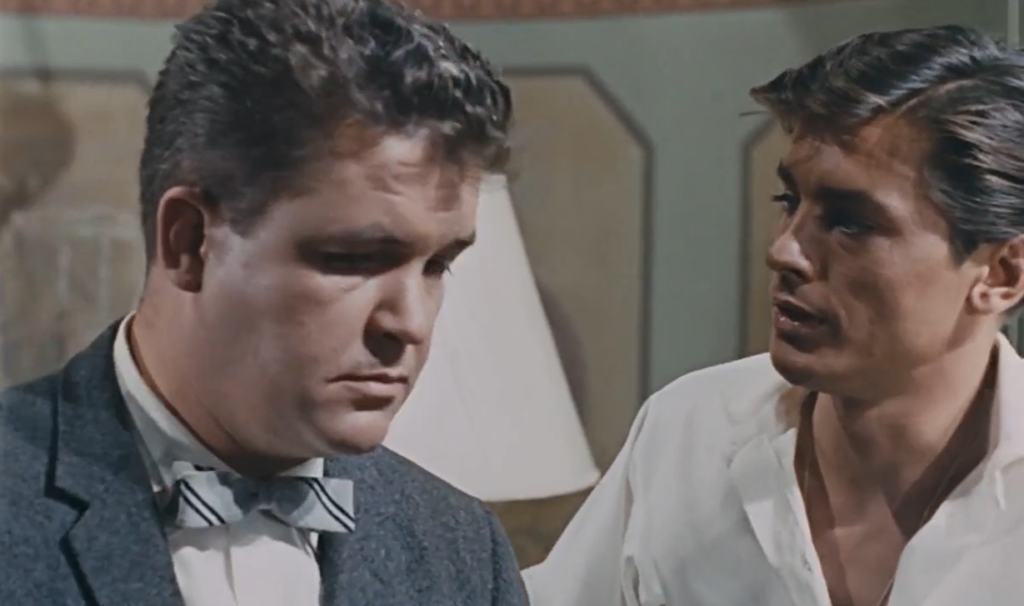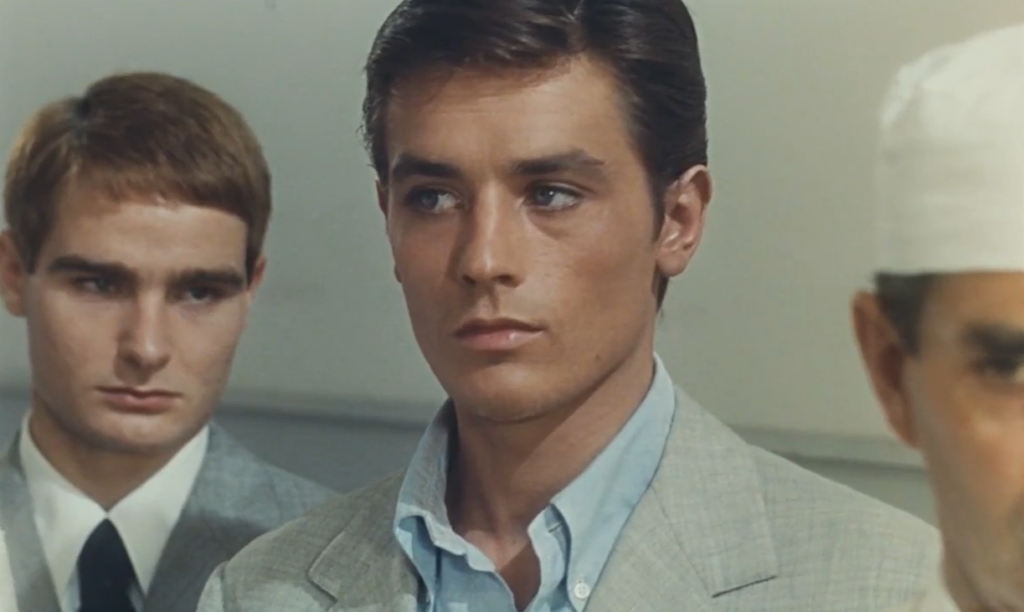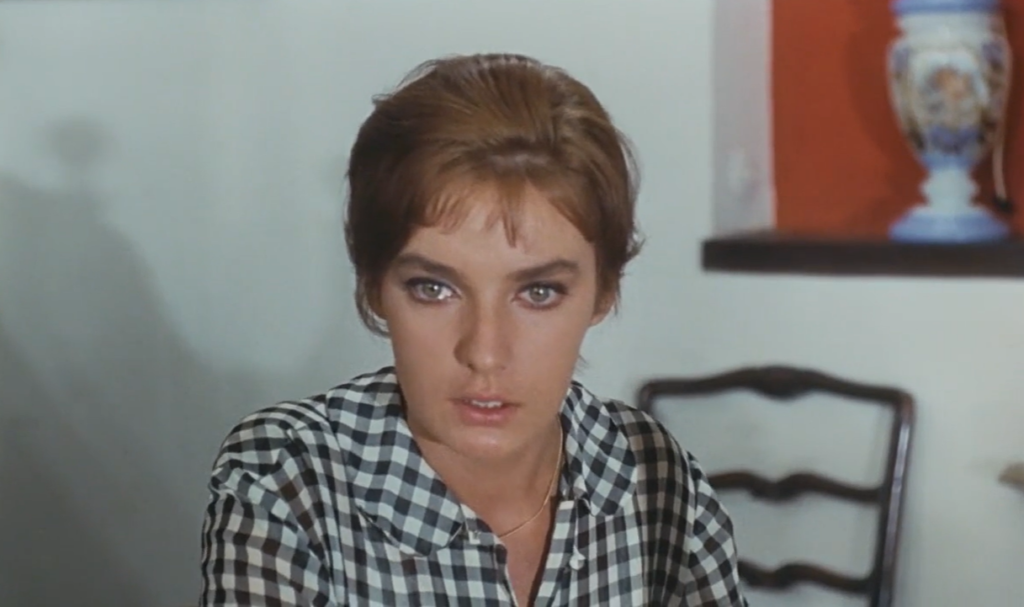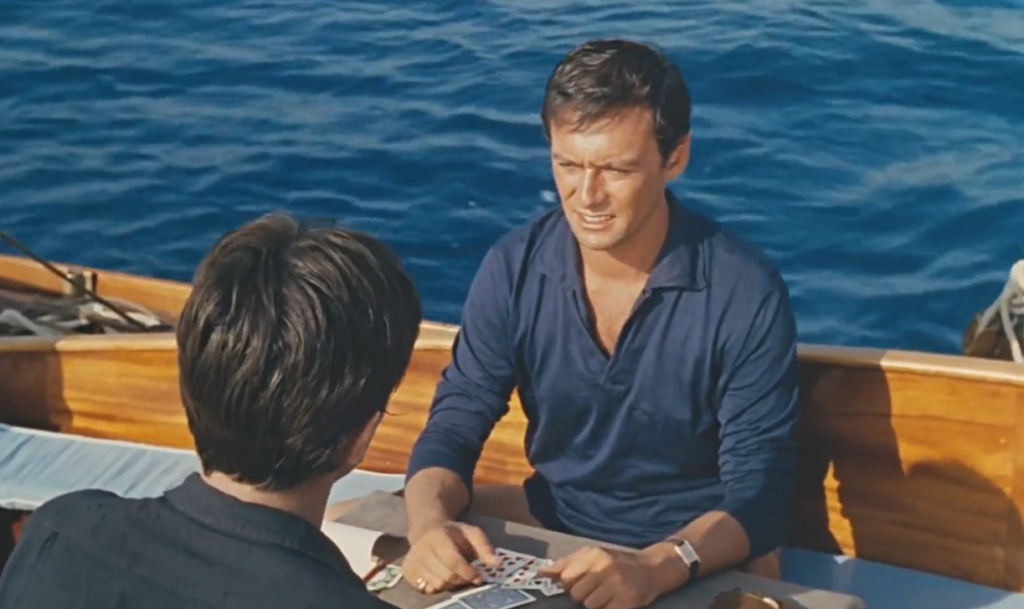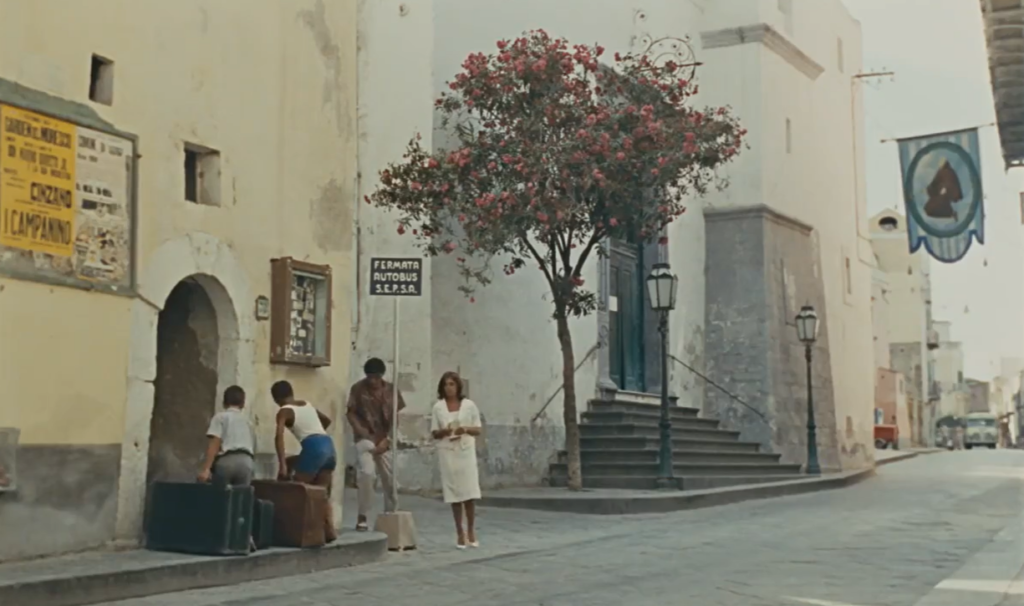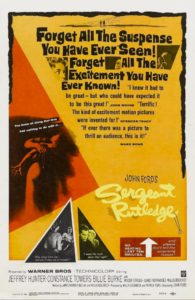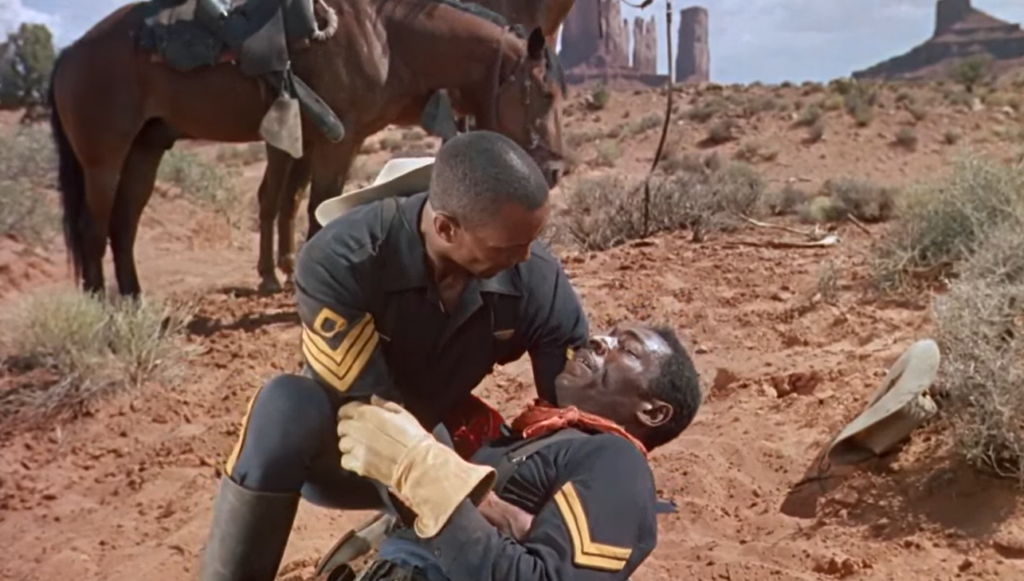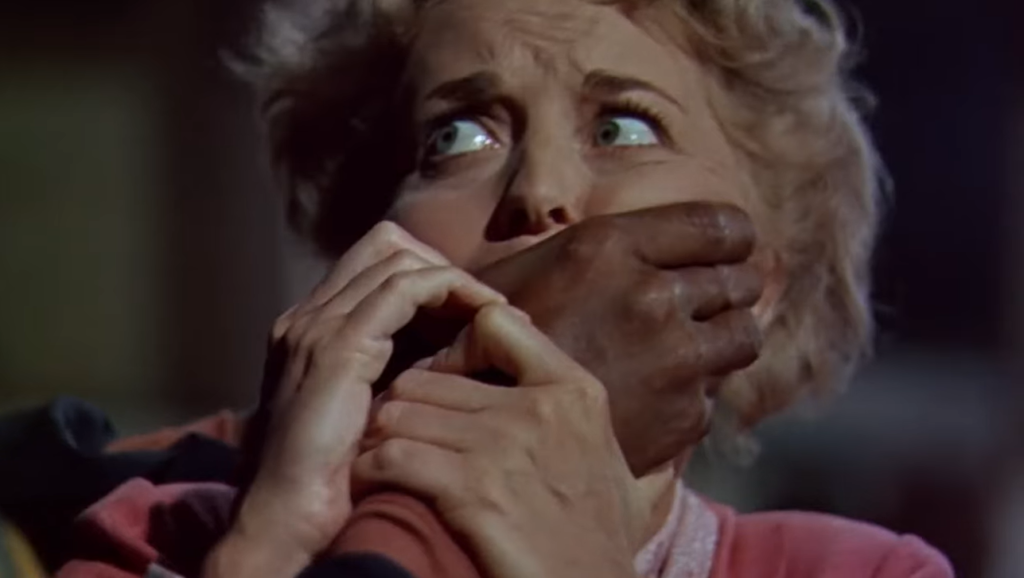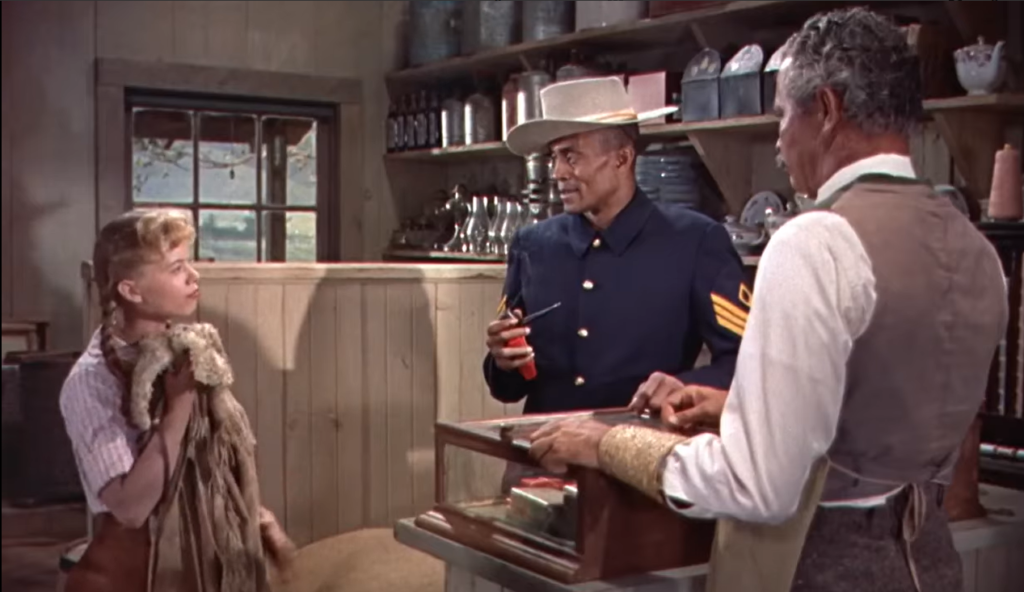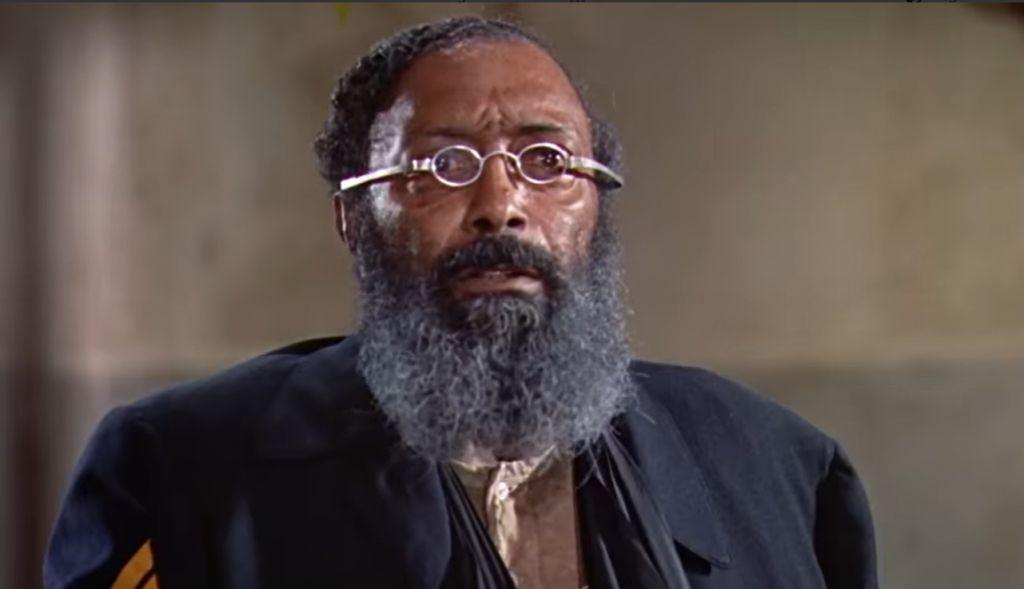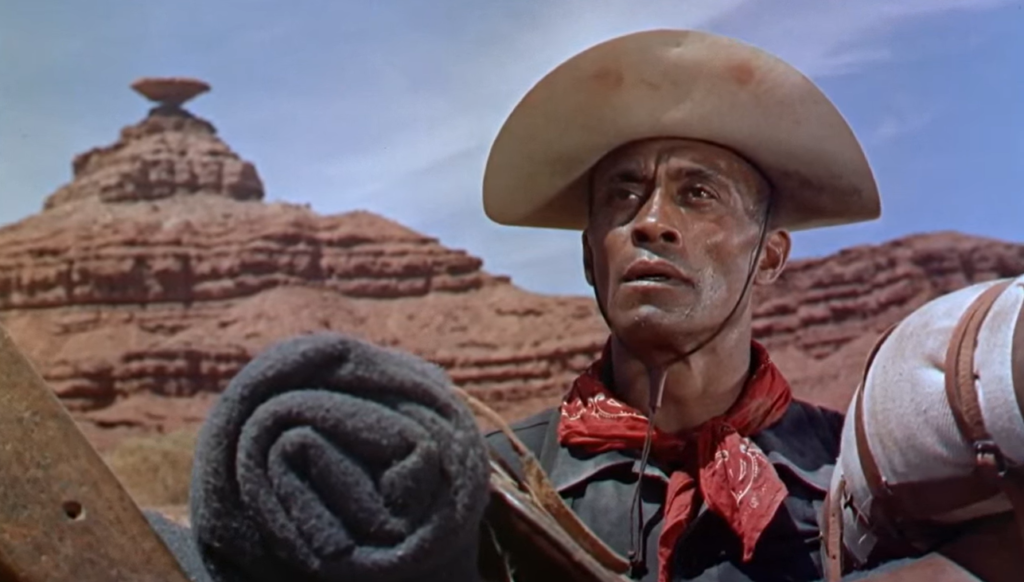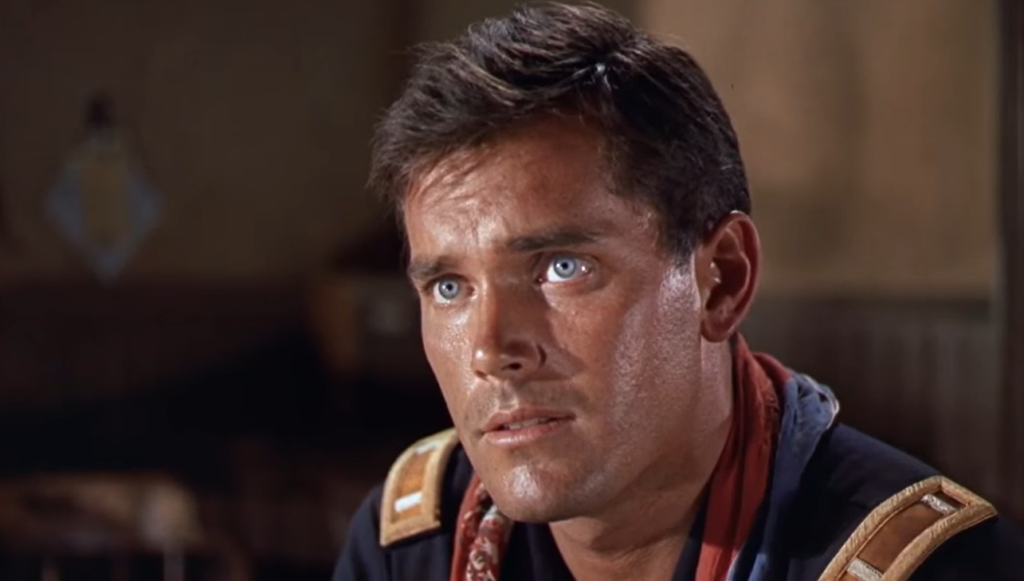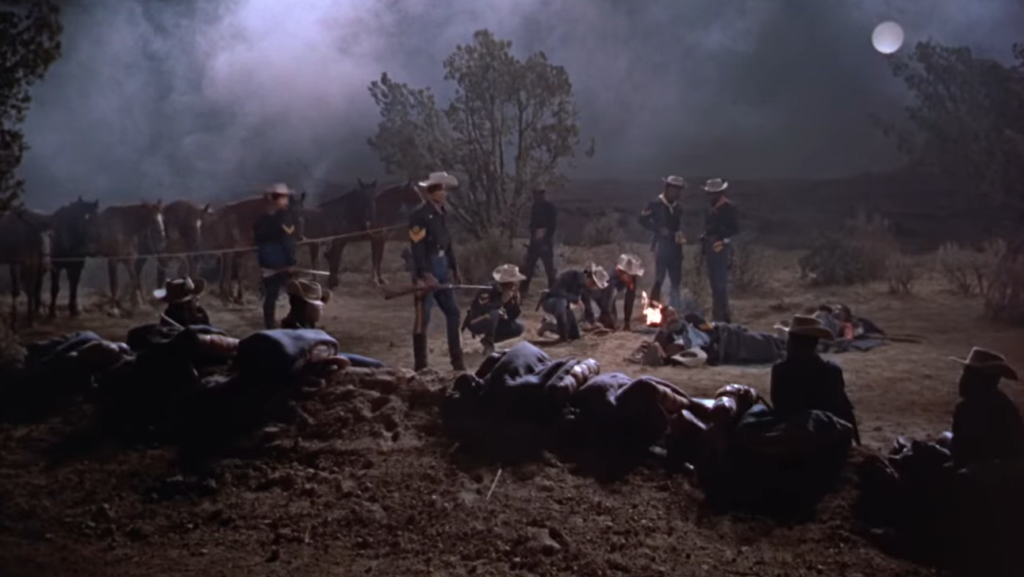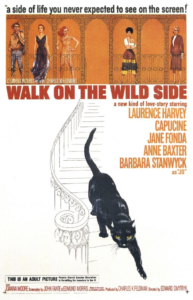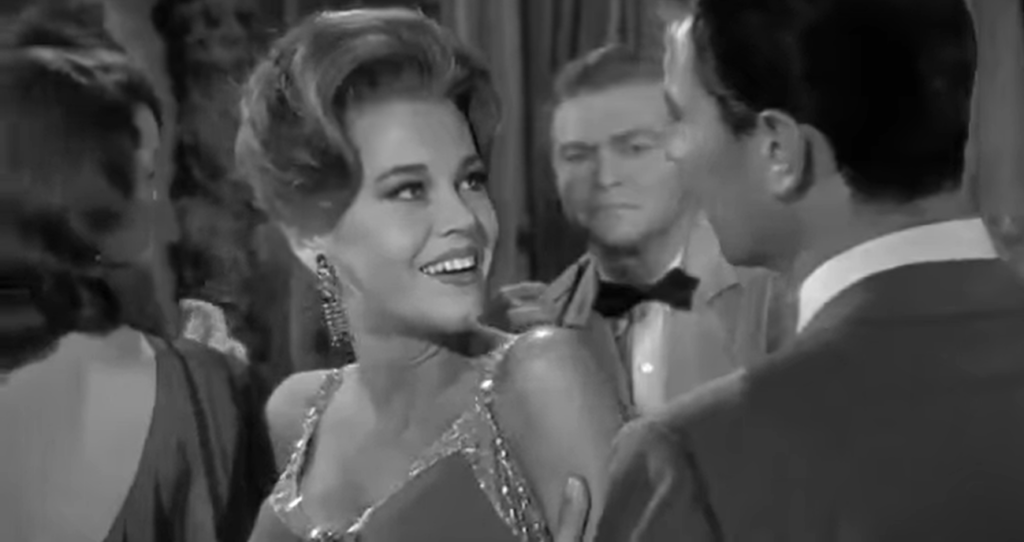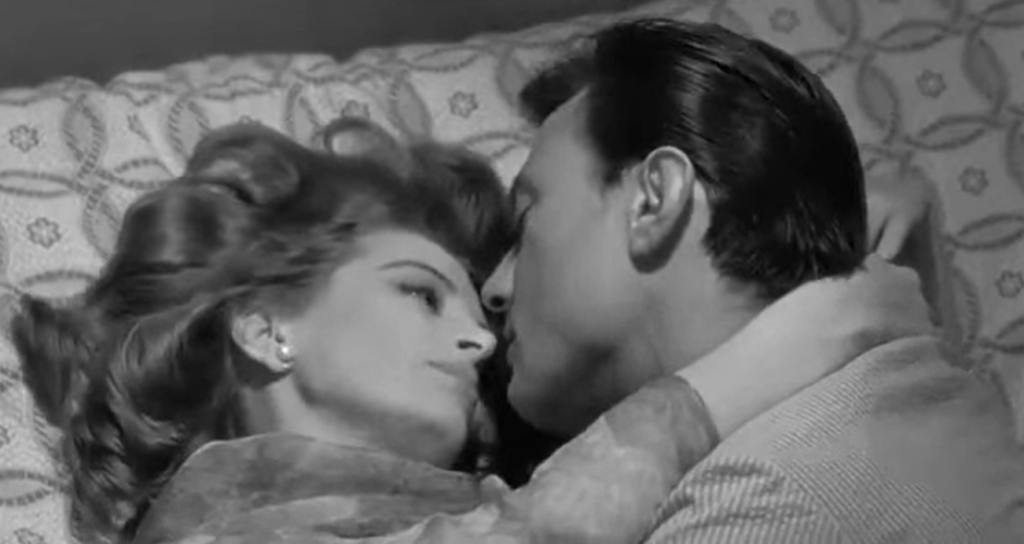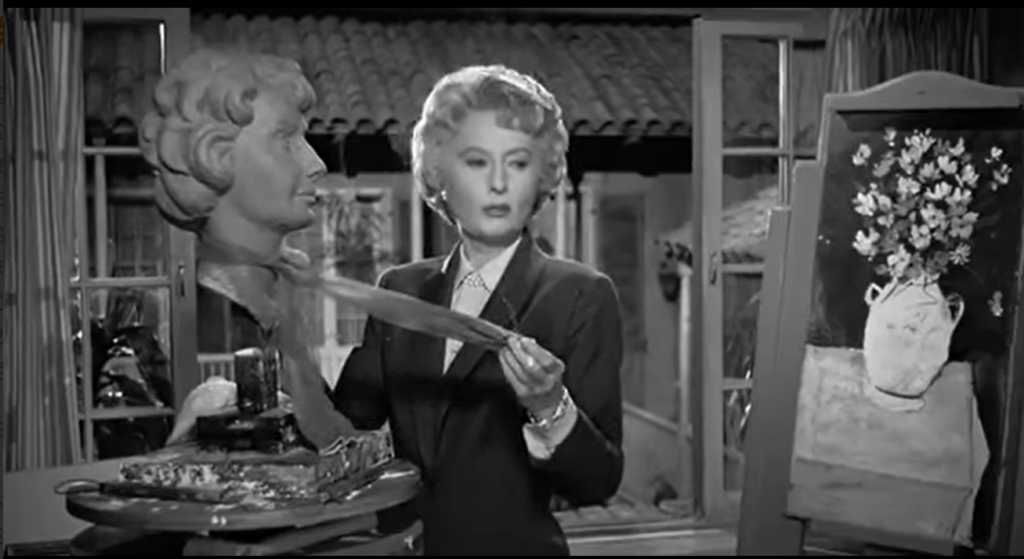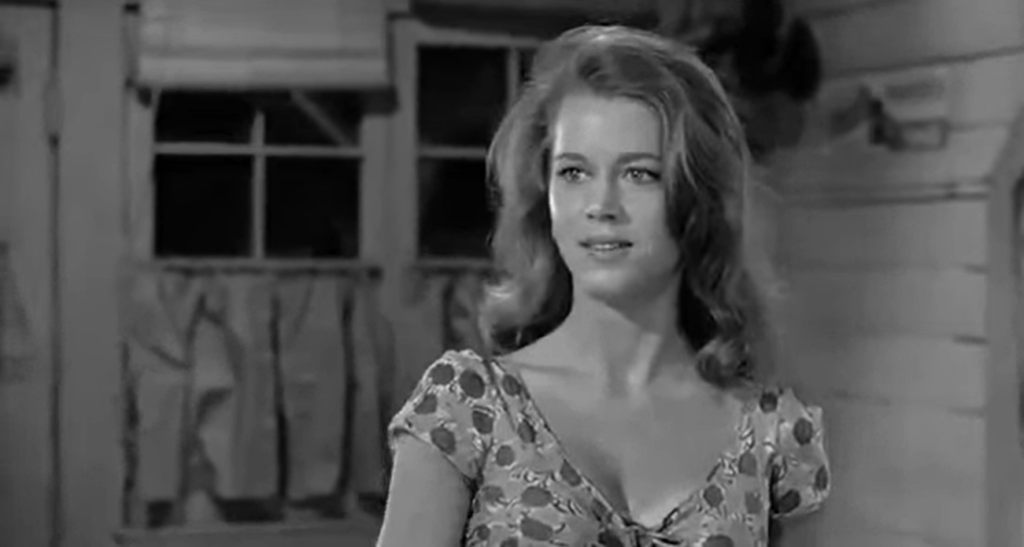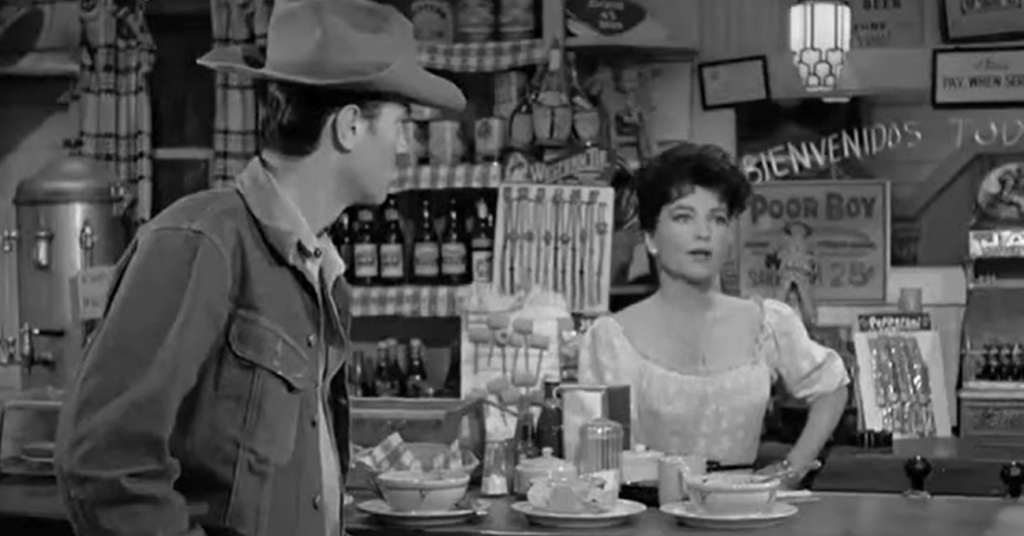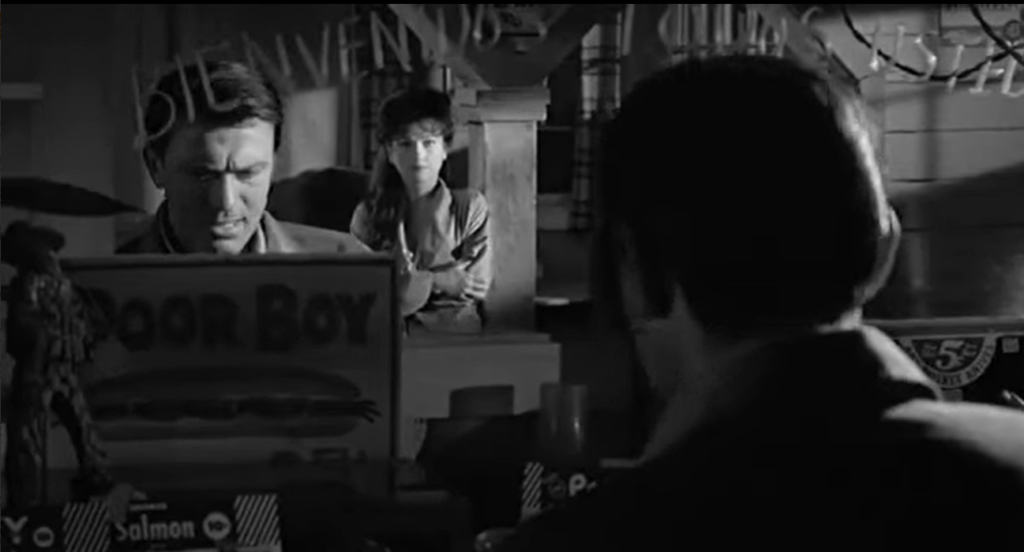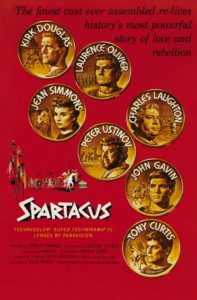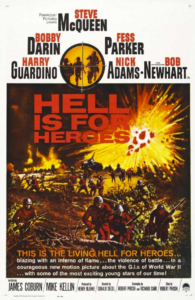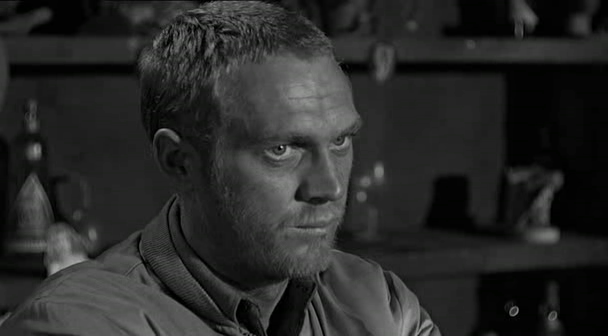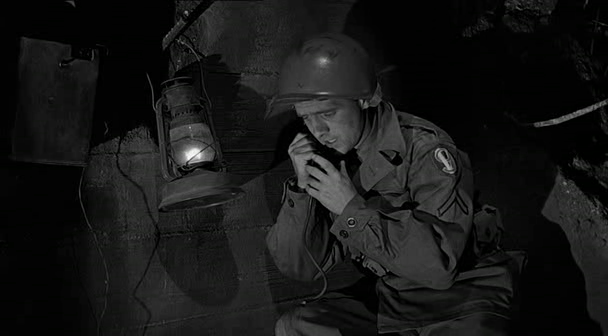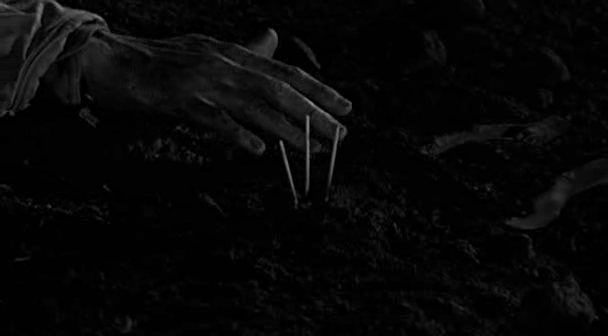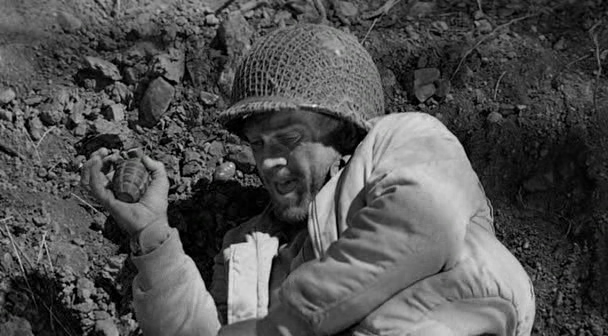|
Genres, Themes, Actors, and Directors:
- Ancient Greece and Rome
- Charles Laughton Films
- Folk Heroes
- Historical Drama
- Jean Simmons Films
- John Dall Films
- John Ireland Films
- Kirk Douglas Films
- Laurence Olivier Films
- Peter Ustinov Films
- Rebellion
- Slavery
- Stanley Kubrick Films
- Tony Curtis Films
- Woody Strode Films
Response to Peary’s Review:
Peary writes that “director Stanley Kubrick was disappointed in this epic about the legendary hero… who led a slave revolt against Rome in 71 B.C.,” feeling like “he didn’t have the freedom to develop the story as he wanted.” However, as Peary points out, “it has come to be regarded as [among the] best of the historical epics,” given that “it contains a spirited, emotionally charged performance by Douglas (who also produced)”:
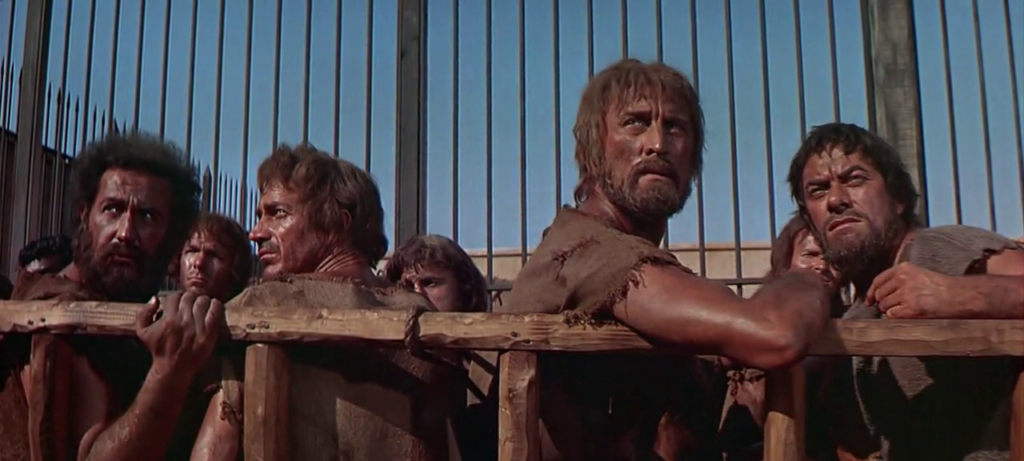
… “a superlative supporting cast headed by Jean Simmons as the slave girl Varinia (Spartacus’s lover)”:
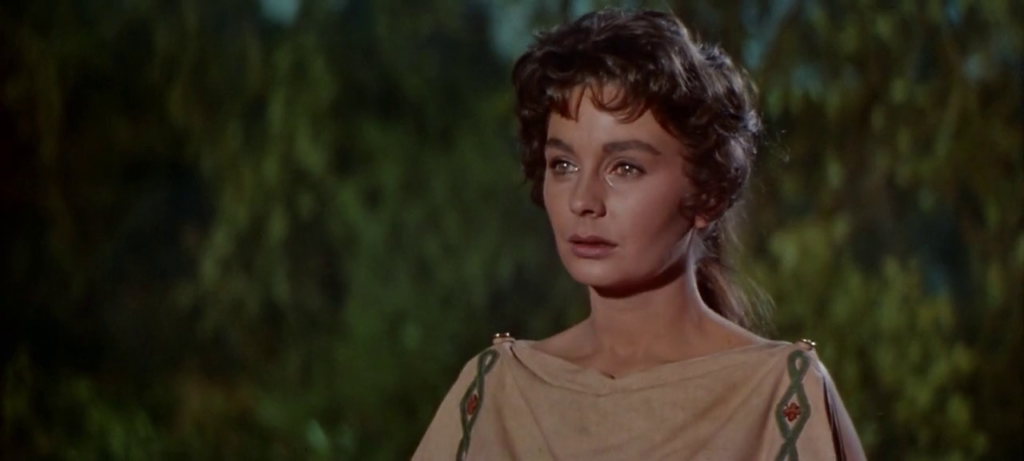
… “andLaurence Olivier as the Roman Crassus (Spartacus’s mortal enemy), [and] an outstanding battle sequence.” He notes that “this is one of the few epics in which we’re not bored when characters are talking,” adding that “the palace-bath chats between Olivier, John Gavin (as Julius Caesar), Charles Laughton, and the other shrewd Romans are amusing not only because they reveal political motives for wanting Spartacus and his memory destroyed but also because there are strong intimations of homosexuality.”
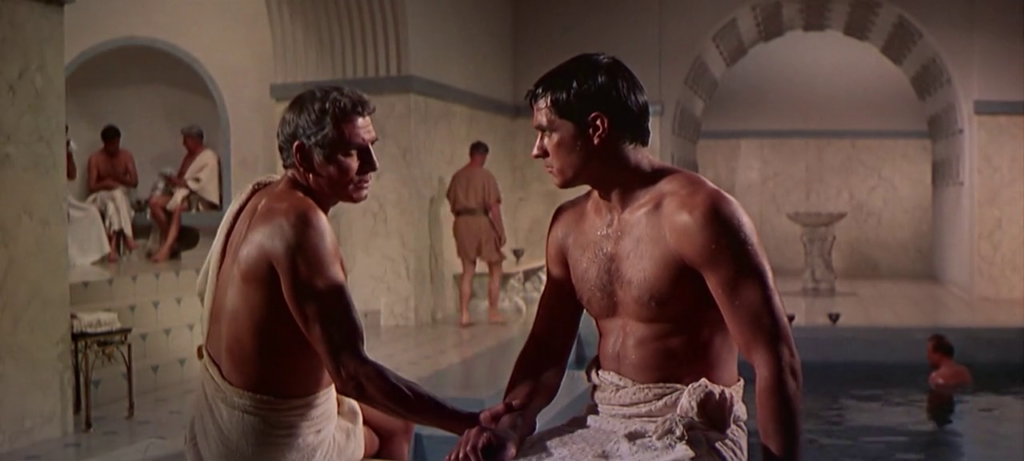
However, “the film’s major distinction is that its script, adapted from Howard Fast’s novel by Dalton Trumbo” (in his first credited post-blacklist film) “has a genuine revolutionary spirit, reflected in Douglas’s speeches to his followers” — and “Trumbo also establishes, through Crassus, the nature of a fascist.”
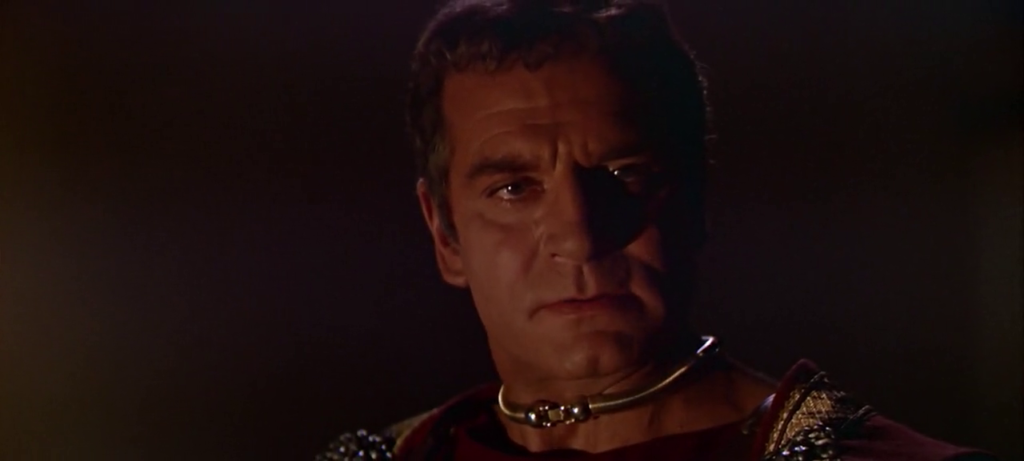
Peary notes numerous highlights from the film, including “Douglas being forced by his Roman captors to fight to the death with fellow slave Woody Strode”:
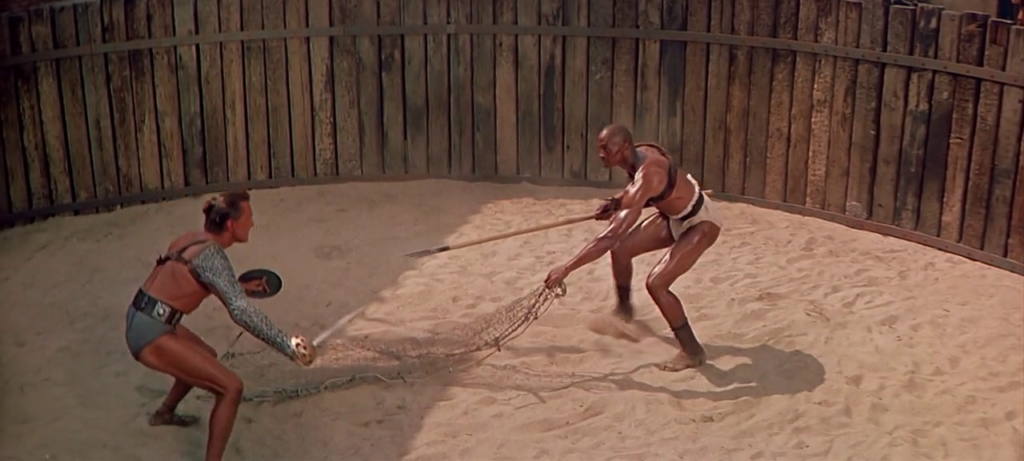
… “Laughton and slave dealer Peter Ustinov having a gluttonous meal together”:
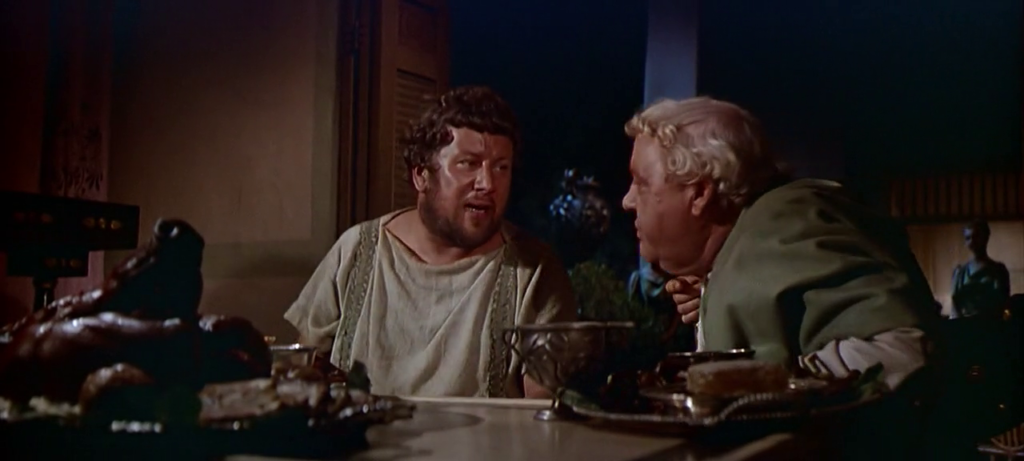
… “Simmons’s nude swim”:
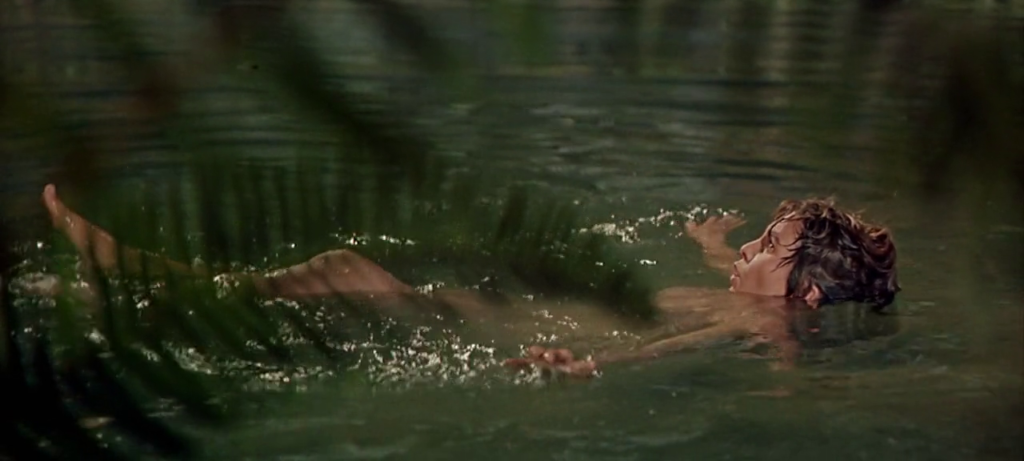
… “the fireballs being shot at the beginning of the great battle”:
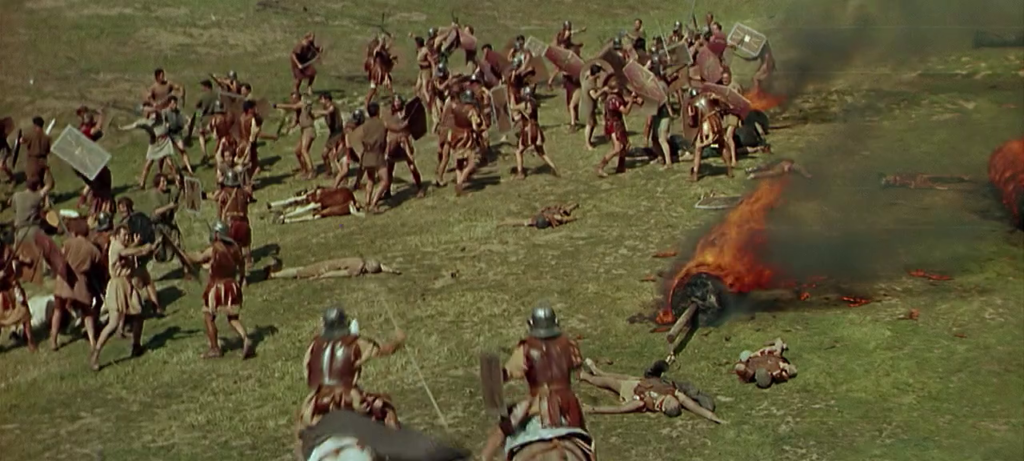
… “and the fictional final scene in which the Romans try to determine which of the captured revels is Spartacus (they all claim to be).”
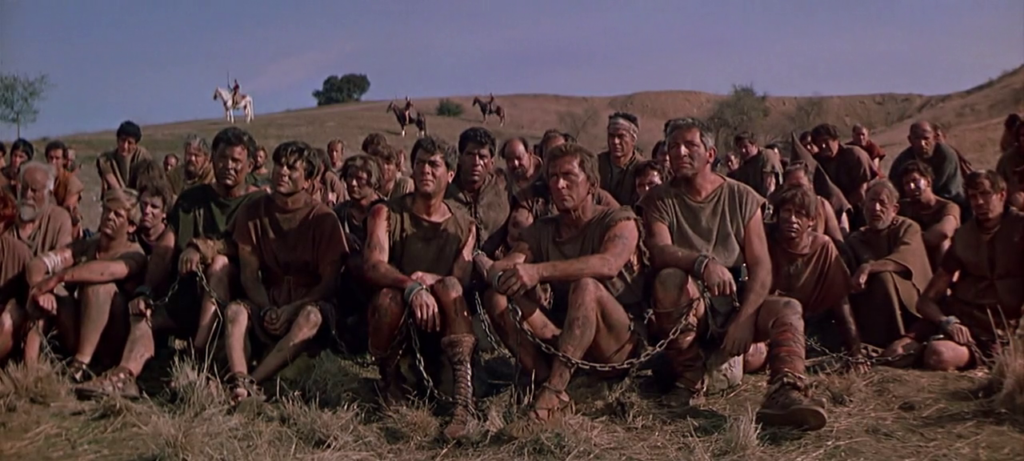
I’m essentially in agreement with Peary’s review, though the film feels a bit long at 3+ hours, and one definitely misses (or at least wonders about) the lack of Kubrick’s distinctive touch. However, the battle sequences are truly impressive, and the storyline effectively portrays Ancient Rome from multiple perspectives — not just those in power.
Notable Performances, Qualities, and Moments:
- Laurence Olivier as Crassus
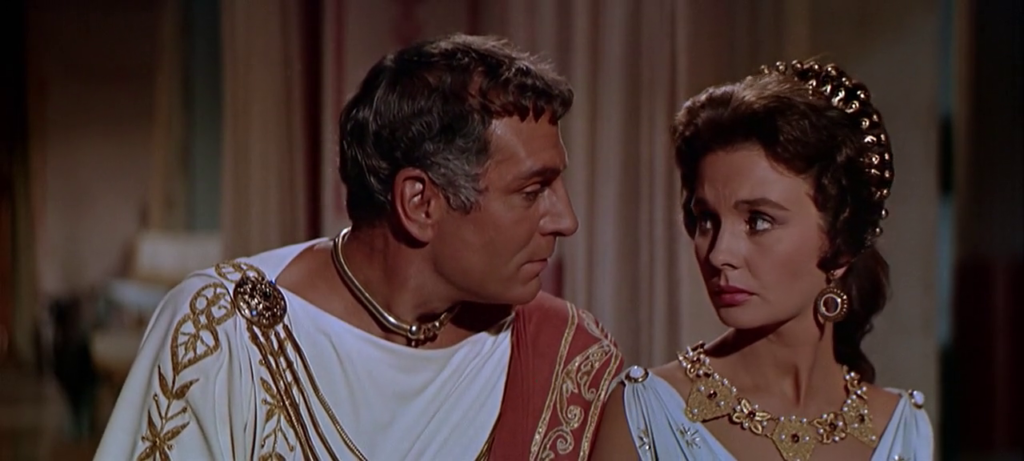
- Peter Ustinov as Batiatus
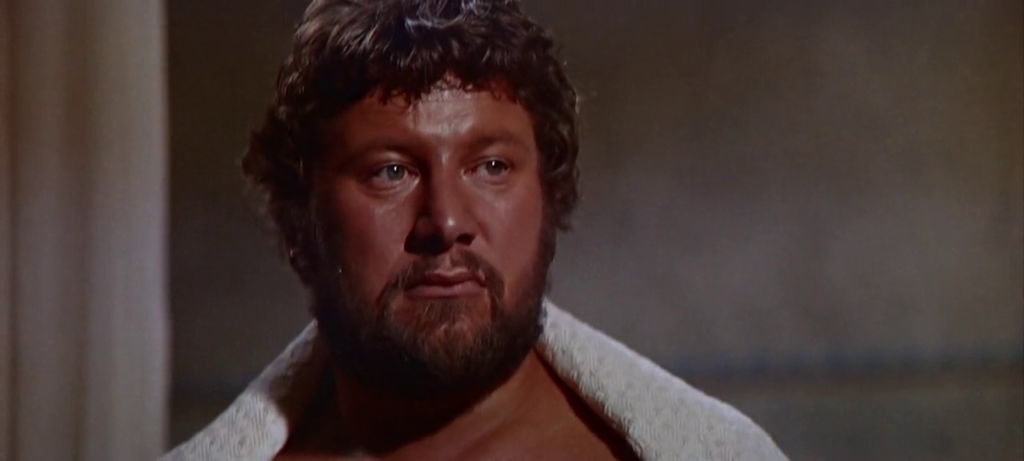
- Charles Laughton as Gracchus
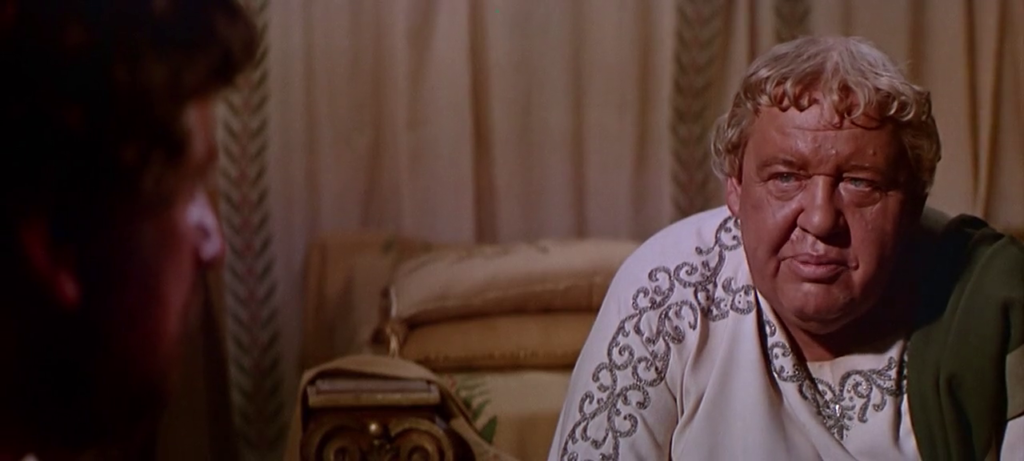
- Russell Metty’s cinematography (aided significantly by Kubrick)
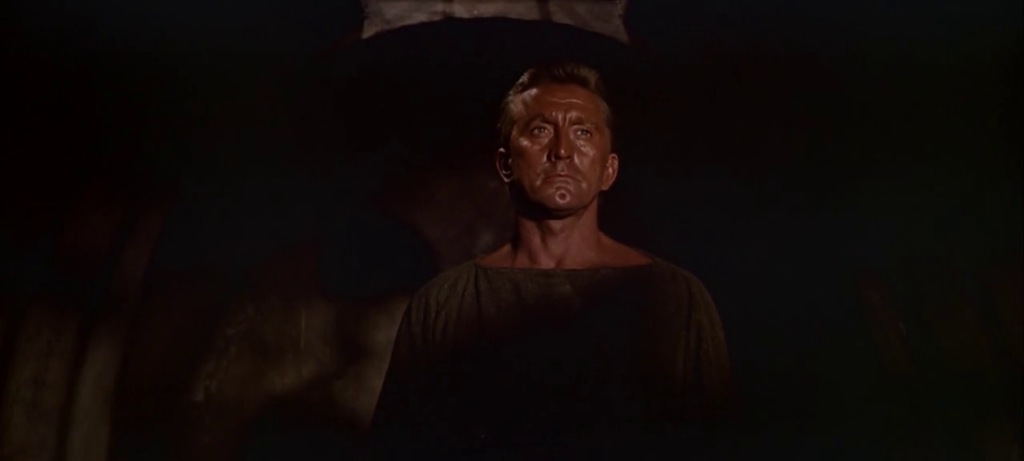
- The impressively crafted battle sequences
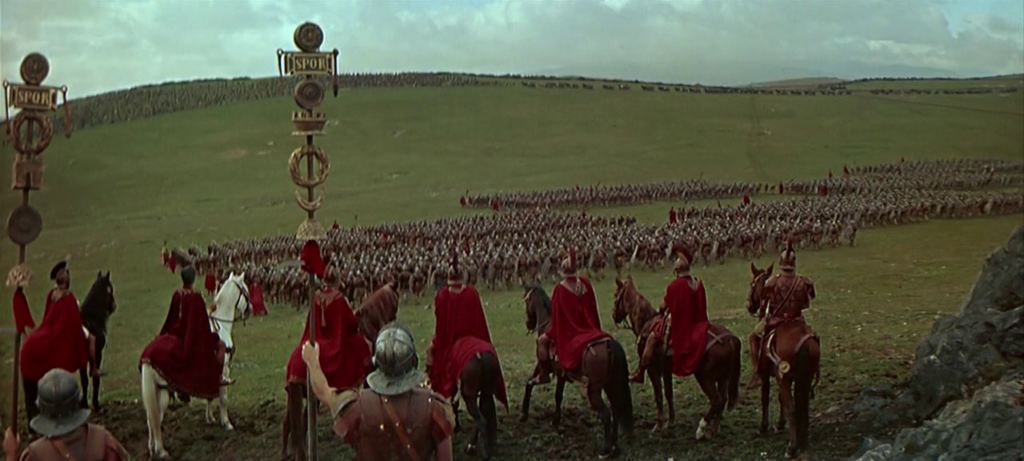
Must See?
Yes, for its historical significance. Nominated as one of the Best Pictures of the Year in Alternate Oscars.
Categories
- Historically Relevant
- Important Director
- Oscar Winner or Nominee
(Listed in 1001 Movies You Must See Before You Die)
Links:
|
